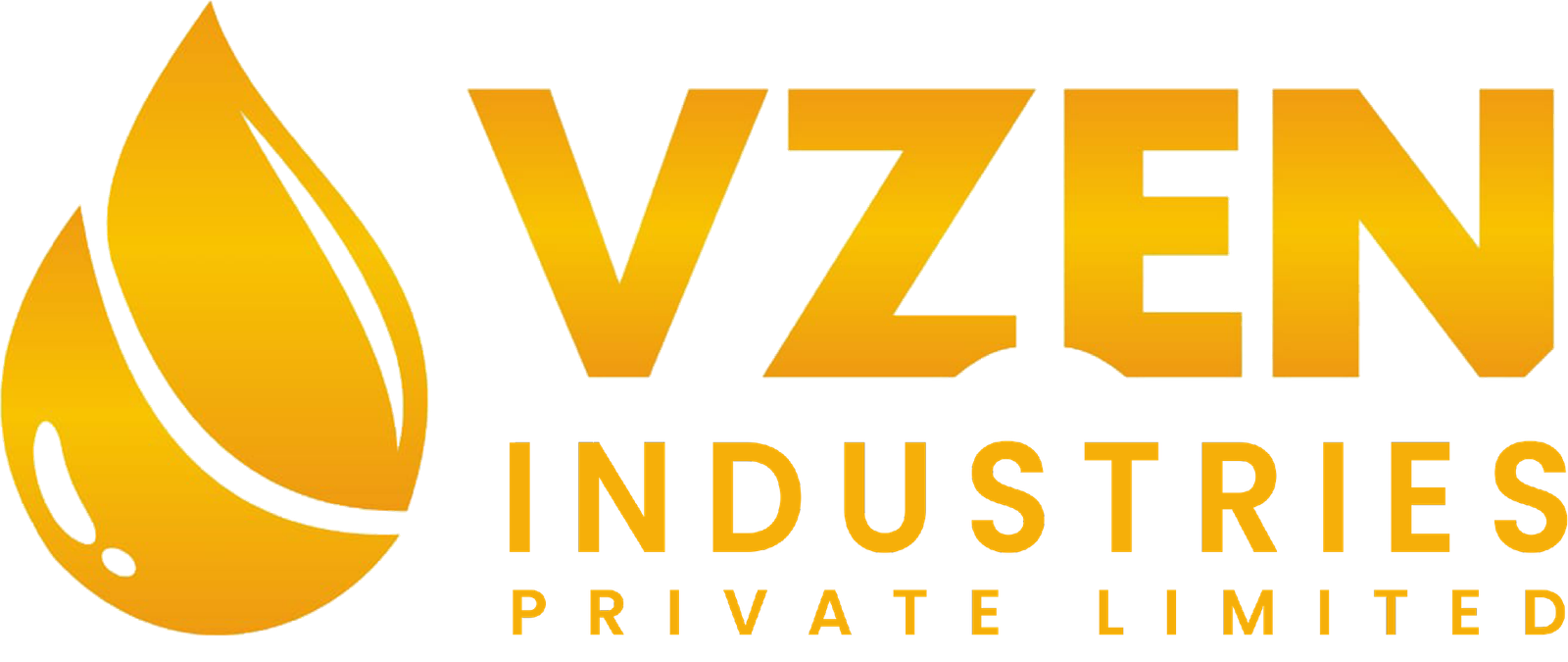
Petroleum Processing: From Crude Oil to Refined Products
An extensive refining process is required to convert crude oil into valuable petroleum products, such as gasoline, diesel, lubricants, and more. This process involves multiple steps to refine and purify crude oil.
1. Overview of Petroleum Processing:
Petroleum processing refers to the refining of crude oil, which involves separating its various components based on their boiling points and molecular weight. The refining process typically includes distillation, cracking, hydrotreating, and blending.
2. Different Types of Petroleum Products and Their Refining Processes:
Different petroleum products are obtained through specific refining processes. Gasoline, for example, is produced through distillation and fluid catalytic cracking. Lubricants are derived from base oils produced during refining, which are then formulated with additives for specific purposes. Each refining process ensures the desired quality for the intended applications of the petroleum products.
3. Importance of Quality Control and Testing during Petroleum Processing:
Maintaining strict quality control measures throughout the petroleum processing chain is crucial to ensure the performance and safety of the end products. Rigorous testing is conducted to verify compliance with industry standards, assess performance characteristics, and optimize product formulations. Quality control plays a vital role in delivering reliable and consistent petroleum products to various sectors.

